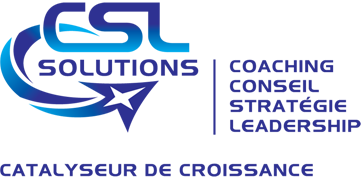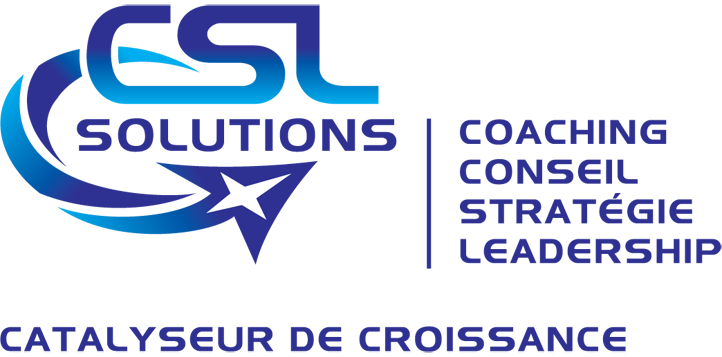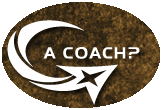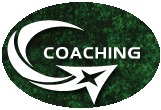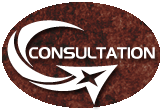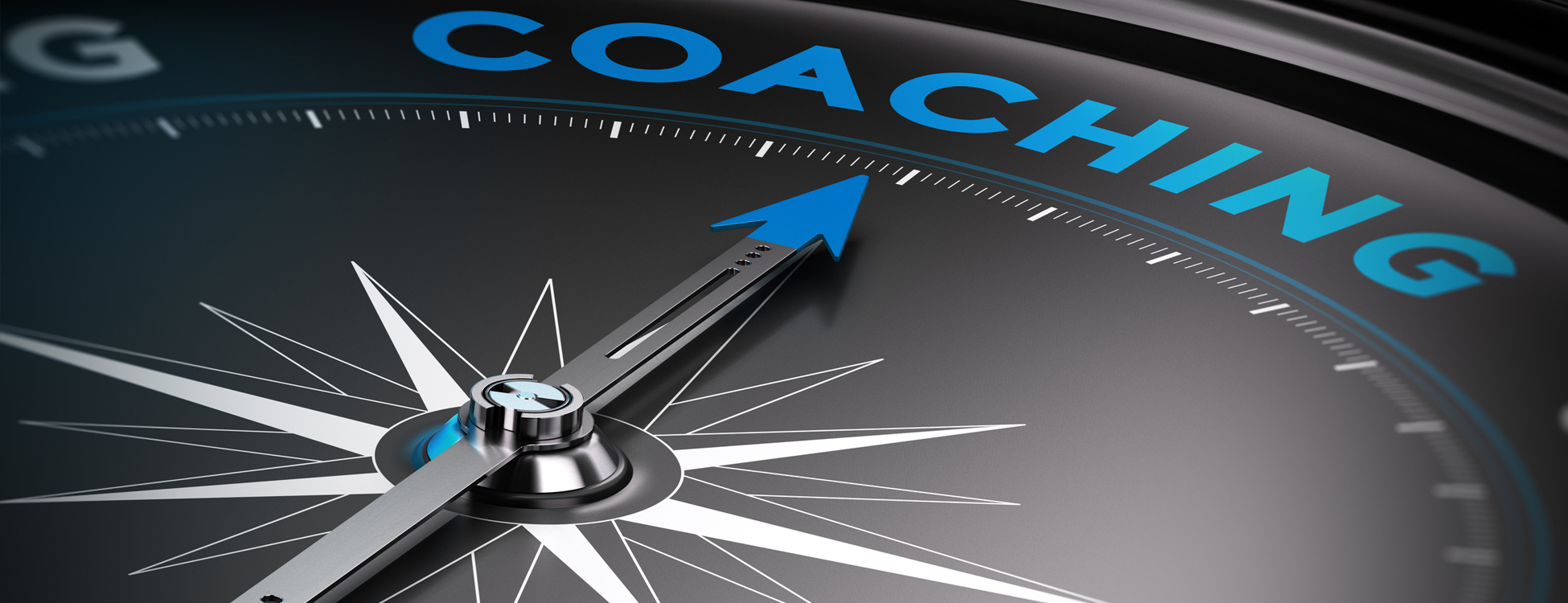
First meeting
The first face-to-face establishes the objectives and create a partnership of trust. At this first meeting, the objectives pursued through the coaching process, the responsibilities, meeting duration, location and terms and conditions of operation are set. The coach acts as a catalyst in your ay to success.
In the case of a tripartie agreement, the company presents the objectives of the mission and offers to coach the coachee's approach in creating a favorable environment for its development. For its part, the coachee is fully committed in its approach and identifies the availability necessary for the success of his coaching.
Conduct of Meetings
At the beginning of each session, we set an objective or RAMPS (realistic ultimately measurable, relevant and strategic) with the coach and, if necessary, the management of your organization. You explore the opportunities available to you and you examine the best strategies. We can come back if necessary on previous sessions and refer to the coaching plan when necessary.
You remain master on board and it is your judgment prevails. The coach supports you and makes you aware of what you are missing. It directs you to what you can achieve better results faster.
Fees and duration
First face to face meeting to establish the type of mandate and the objectives is with no cost.
For coaching a period of 6 months is normally suggested in order to achieve the objectives and lasting results. Each situation is different and must be evaluated. In some cases, coaching can take place over a shorter but more intensive period.
The fees are based on needs , the type of mandate and they will be fixed on a flat fee, an hourly fee or a purchase of a block of hours. Fees are payable at the end of each session.
Between sessions
The coachee may at any time contact the coach by phone between coaching sessions. However, the coachee should be reasonable. The action plan for the next session should be sent at least 48 hours in advance to the coach.
Preparation of coaching plan
It is important for the coachee to develop his coaching plan as a roadmap to success of what he wants to undertake and prepare before each session in his coaching plan, coached indicates its strategies and ways to reach its objectives. This plan is like a map that helps to know how to get to.
Each session
The coachee answers questions below by submitting its responses to his coach 48 hours before each coaching session, to enable its latter to concentrate on what is most important for the coachee.
Which objective (s) (s) I focused since our last meeting and what I've accomplished that brings me?
I responded to the queries provided or coach shares and there are questions to follow?
In connection with my goals and development targets, what challenges and / or what difficulties I am facing now?
What is the outcome I would like at the end of my session?
Coach's responsibility
The coach is a catalyst for change. He supports you, encourages reflection, awareness and raises equity for development and change to enable the coachee to explore their own solutions and to achieve its objectives in a sustainable manner. Focus on the coachee's issues and responsibilities, the coach brings out the means and actions that find solutions and coached the strategies to respond to situations faster and more efficiently.
Responsibility of the coachee
The coachee must have the desire to change and be ready to challenge. It must be fully engaged in the process and define clear objectives and meet the requests of the coach. The coachee must do what it takes to reach the target.
Tests
Various tests and tools can be used during the coaching period to help you with your questions, help you better discover and support you in your development. In the context of succession of family business we use different tools in order to establish a process of continuity with the next generation, preparing the transition plan and facilitate communication within the family. to ensure legacy.
